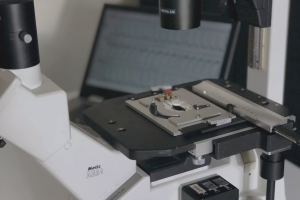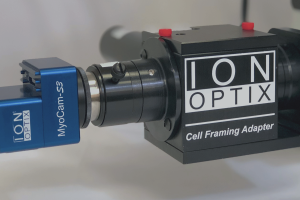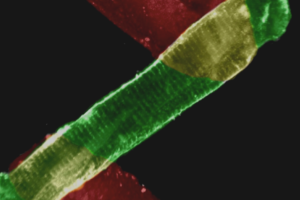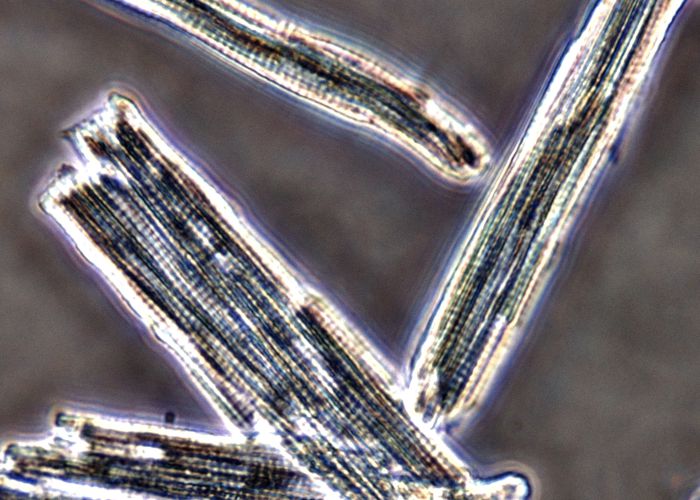LIVE TECHNIQUES AND BEST PRACTICES FOR CARDIOMYOCYTE ISOLATION
During this free educational webinar, Dr. Ronglih Liao and Dr. Davor Pavlovic will share their techniques and best practices for reliably isolating myocytes using both traditional and Langendorff-free methodologies. Attendees will also have the opportunity to ask our presenters questions both before and during the webinar, which will be addressed during a live Q&A session.
Attend this webinar to learn:
- Basic principles and theory behind cardiomyocyte isolation
- Techniques for reliably isolating healthy, calcium-tolerant myocytes using Langendorff and Langendorff-free methods
- How to assess myocyte viability based on calcium tolerance, morphology, and functional outputs
- Modifications to make based on species or reagents
PRESENTERS
Dr. Ronglih Liao is a Professor of Medicine at Stanford University School of Medicine, co-Director of the Stanford Amyloid Center, and visiting Professor of Medicine at Brigham and Women’s Hospital, Harvard Medical School. As a world-renowned expert in cardiac dysfunction, she has served in numerous leadership roles in international societies, committees, and funding agencies. With direct funding from the NIH, Dr. Liao continues her groundbreaking research, and has made critical contributions to the understanding of the molecular mechanisms underlying the development of amyloid cardiomyopathy as well as the regulation of cell fate and function in adult cardiac progenitor cells.

Ronglih Liao, Ph.D.
Professor of Medicine
Stanford University School of Medicine
Dr. Ronglih Liao is a Professor of Medicine at Stanford University School of Medicine, co-Director of the Stanford Amyloid Center, and visiting Professor of Medicine at Brigham and Women’s Hospital, Harvard Medical School. As a world-renowned expert in cardiac dysfunction, she has served in numerous leadership roles in international societies, committees, and funding agencies. With direct funding from the NIH, Dr. Liao continues her groundbreaking research, and has made critical contributions to the understanding of the molecular mechanisms underlying the development of amyloid cardiomyopathy as well as the regulation of cell fate and function in adult cardiac progenitor cells.







